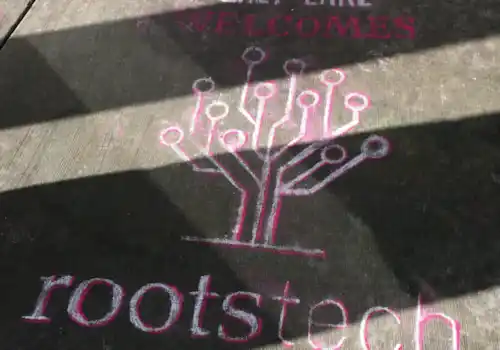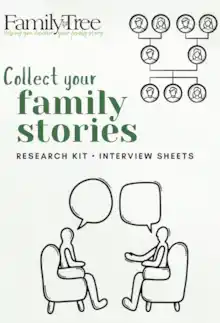19 March 2019
|
Writing: Making Your Mark explores 5,000 years of handwriting around the world, exploring one of mankind's greatest achievements.
Writing: Making Your Mark explores 5,000 years of handwriting around the world, exploring one of mankind's greatest achievements.
The exhibition, which runs from 26 April to 27 August 2019 promises to deconstruct the act of writing and consider its future in the digital age.
Works by famous hands, such as the final diary entry by Scott of the Antarctic and James Joyce’s autograph notes for Ulysses, will sit alongside tools belonging to unknown everyday people, including early 19th century Burmese tattooing instruments and modern reed pens, which will be seen in new light.
Many items will be going on display for the first time and exhibition highlights include:
- An 1,800-year-old ancient wax tablet containing a schoolchild’s homework as they struggle to learn their Greek letters
- The first book printed in England, Caxton’s 1476-7 printing of the Canterbury Tales
- A 60,000 strong petition from 1905 protesting against the first partition of Bengal, signed in Bengali and English
- Tools including styluses, brushes, quill pens, ball-point pens, typewriters and computers
- Mozart’s catalogue of his complete musical works from 1784-1791, featuring his handwriting and musical notation
- Alexander Fleming’s autograph notebook recording his discovery of penicillin from 1928
Laying down our collective memory
Adrian Edwards, lead curator of Writing: Making Your Mark at the British Library, said: ‘From hieroglyph to emoji and clay tablet to digital, Writing: Making Your Mark will demonstrate how writing is so much more than words on the page – it is how we communicate across time and space, how we express ourselves, and how we lay down our collective memory.
'We hope that visitors will consider their own relationship with writing in the digital age and reflect on whether we will abandon pens and keyboards in favour of voice-activated machine writing and video messaging, or continue to carry the legacy of ancient times with us.’
For more information, visit the British Library website.
QUICK LINK: Discover top tips on reading Victorian handwriting at a special workshop live - only at Family Tree Live
(report and image courtesy of the British Library)








